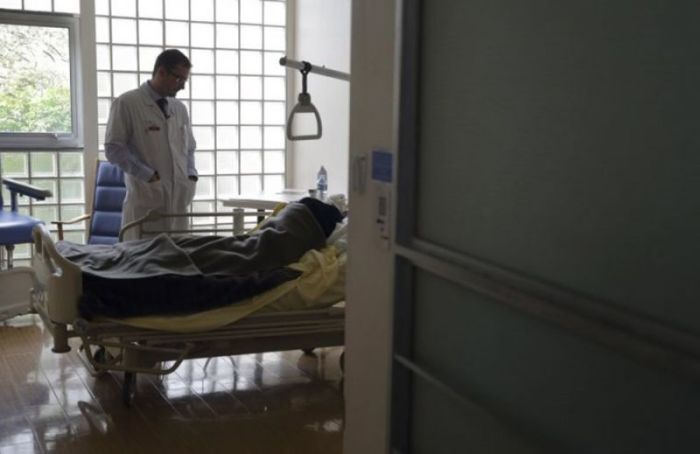Christian group sues Calif. amid fears assisted suicide law would coerce doctors to violate beliefs

A Christian medical organization and a licensed medical professional have sued California over changes to its assisted suicide law that they believe forces them to participate in the controversial procedure.
The Christian Medical & Dental Associations and Dr. Leslee Cochrane filed the suit on Tuesday in the U.S. District Court for the Central District of California.
The complaint argues that the recently passed Senate Bill 380 requires a physician with a patient who asks for an assisted suicide to “document the request in that patient’s medical record, even if the physician objects to participating in assisted suicide in any way.”
Signed into law last October, the legislation also amends the state’s assisted suicide law by reducing the minimum time between a patient’s two required oral requests for lethal drugs from 15 days to 48 hours.
The legal filing also states that physicians who refuse to participate in the process of approving assisted suicide, such as determining decision-making capacity or referring a patient to a physician who is willing to perform the act, is open to “civil, criminal, administrative, disciplinary, employment, credentialing, professional discipline, contractual liability, or medical staff action, sanction, or penalty or other liability.”
Named defendants include California Attorney General Rob Bonta, California Department of Public Health Director Tomás J. Aragón and the Medical Board of California members.
“In sum, the original End of Life Options Act provided broad protection for conscientiously objecting physicians, but SB 380 eliminates or limits that protection,” reads the lawsuit.
“Plaintiffs desire not to participate in assisted suicide in any way, but they fear penalization under SB 380 and action against their medical licenses if they do not.”
The CMDA and Cochrane are represented by the Alliance Defending Freedom, a conservative legal nonprofit that has successfully argued religious freedom cases before the U.S. Supreme Court.
ADF Senior Counsel Denise Harle said in a statement Tuesday that the plaintiffs “seek to live out their faith in their medical practice, and that includes valuing every human life entrusted to their care.”
“Participating in, or referring a patient for, physician-assisted suicide very clearly would violate their consciences,” stated Harle.
“No health care professional should be forced to act against their religious beliefs and medical ethics, and the state of California is wrong to enforce such coercion.”
In October 2015, then-Gov. Jerry Brown signed the End of Life Option Act, with the law taking effect the following June and making California the fifth state to allow residents to end their lives with drugs prescribed by a doctor.
Multiple groups and a terminally ill mother of four named Stephanie Packer sued California over the law soon after it took effect, arguing that it lacked safeguards and rejecting the idea that suicide should be considered healthcare.
In May 2018, Judge Daniel A. Ottolia of State Superior Court in Riverside ruled against the law, concluding that state legislators passed it in an unconstitutional manner.
But later that year, a three-judge panel of the 4th District Court of Appeals in California overturned the lower court ruling, concluding that the plaintiffs lacked the standing to sue.
Last November, the appeals court concluded that the Packer lawsuit was moot due to lawmakers reauthorizing and extending the law in 2021.





























